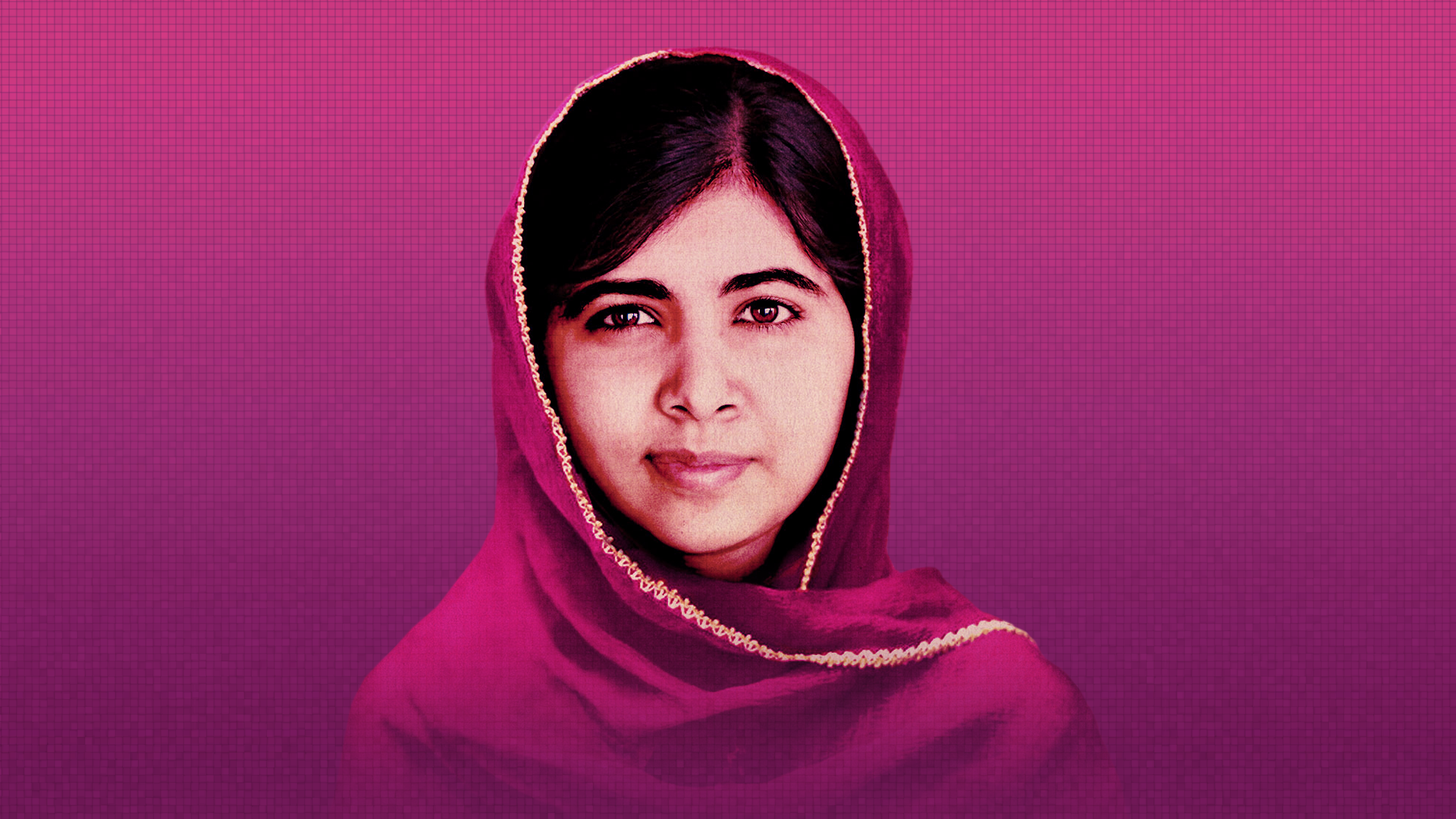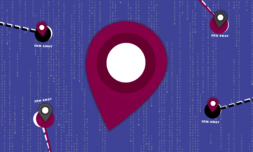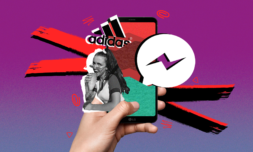Twitter CEO Jack Dorsey has wanted his own Gen Z sounding board for a while, and new reports suggest Malala Yousafzai almost became a key figure on his platform.
Jack Dorsey isn’t your conventional tech CEO. He walks five miles to his office every day, takes ice baths, goes on lone meditation retreats, and ceaselessly seeks connections with leaders and moguls outside of his own industry.
However, it’s this atypical mindset and ability to think outside the box that allows him to see the big picture when making bold business decisions – those of which will instantly come under the scrutiny of Twitter’s 330 million active users.
What he does seem to grasp after 14 years in social media is the immense influence young people hold over the prosperity (and potential downfall) of online platforms. As the largest demographic cohort on the planet, which happens to boast 40% of all consumer power, Gen Z is drumming its core values into the commercial world as well as the real one, and running afoul of them is a recipe for bad business.
With this in mind, Dorsey attempted to give a Twitter board seat to Pakistani-born education activist Malala Yousafzai back in 2016, according to a new report from the Wall Street Journal.
Amazing news! Thank you, @jack, for your generosity and for recognising that educated girls make the world safer and healthier for everyone.
— Malala (@Malala) April 7, 2020
Malala has become a Gen Z champion for girls’ health and education in developing nations, winning a Nobel Peace Prize at just 17 for her many campaigns, and Dorsey sought her young insight and desire for equality as an invaluable asset to freshen up Twitter’s sounding board. Unfortunately, the notion was met with internal opposition due to Malala’s lack of ‘business experience’ and never materialised, but Dorsey still committed $1bn to funding related causes and universal basic income as a show of good faith – and one that really struck a chord with Gen Z.




















